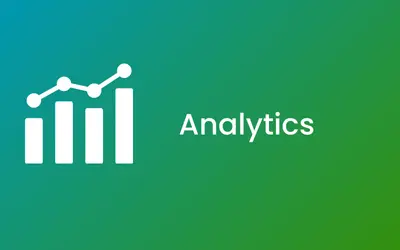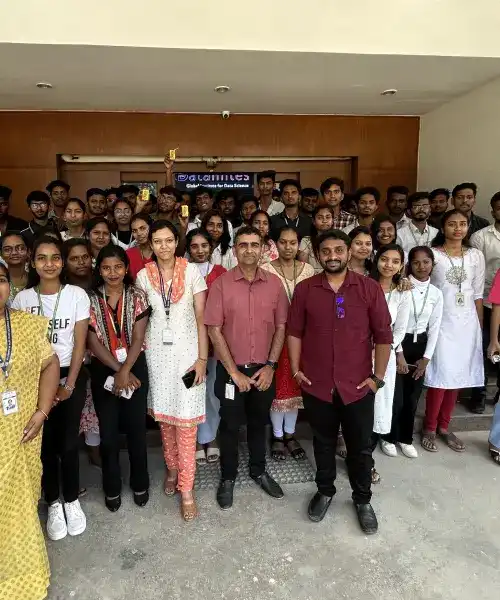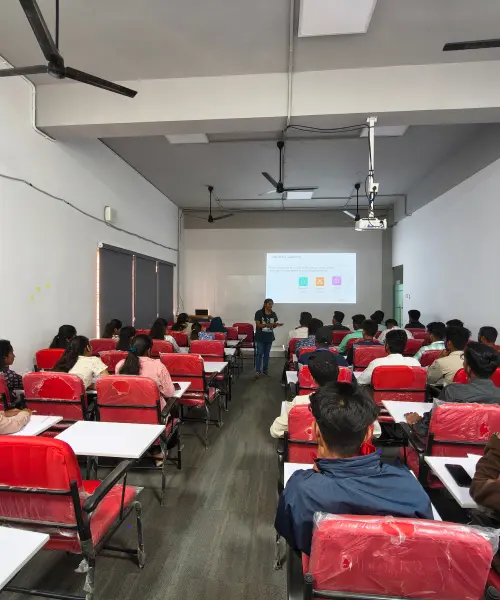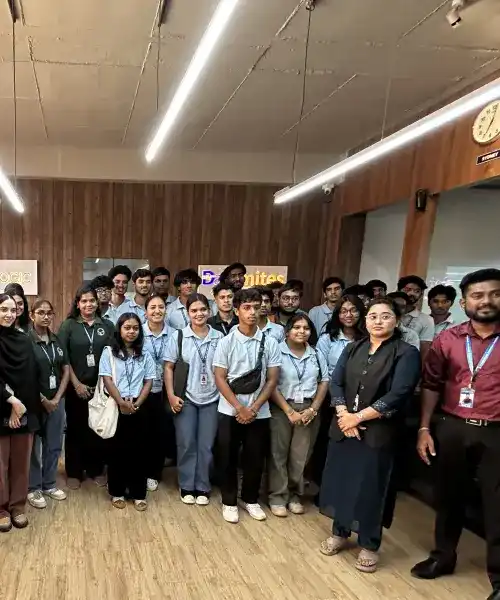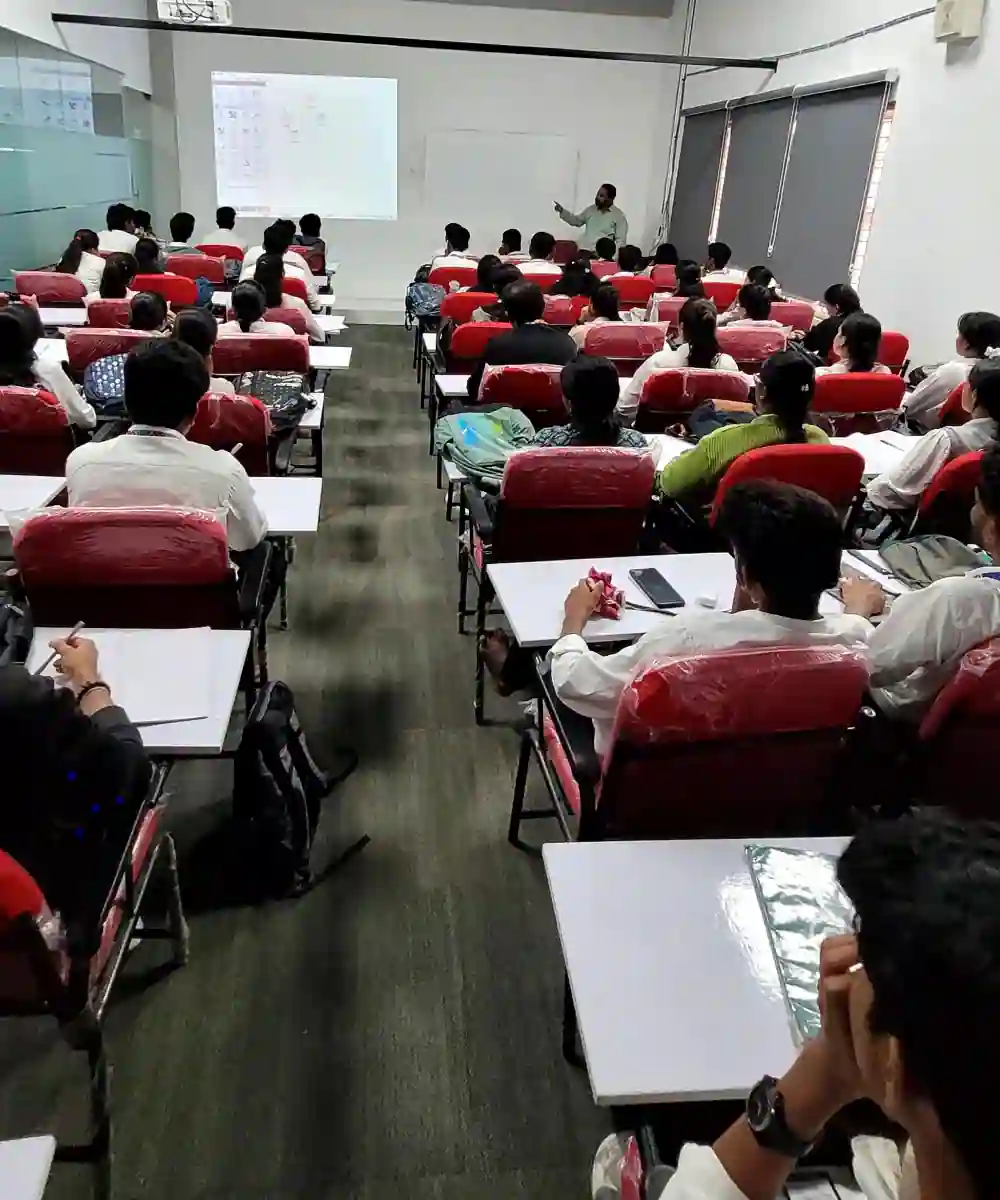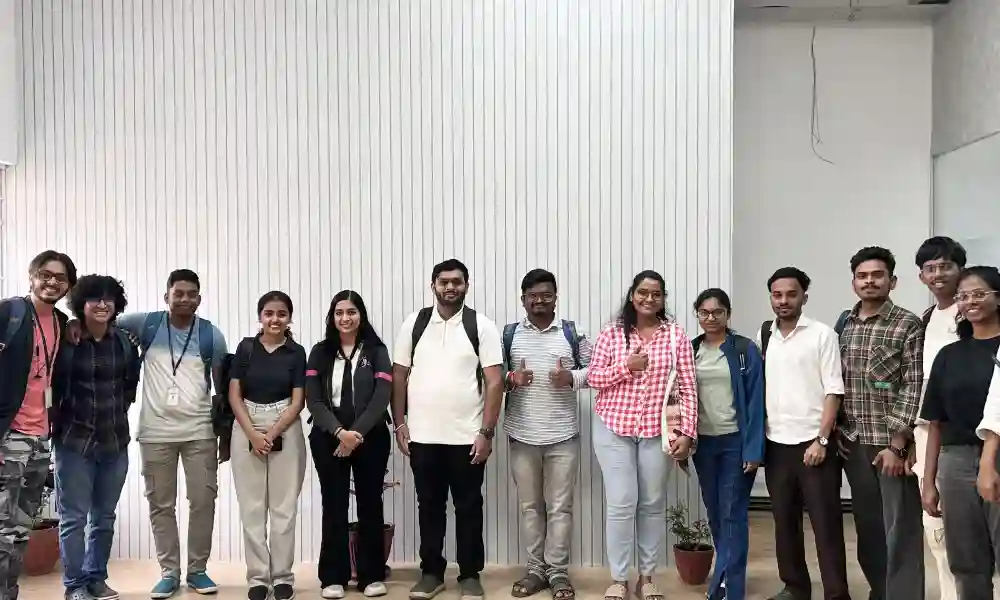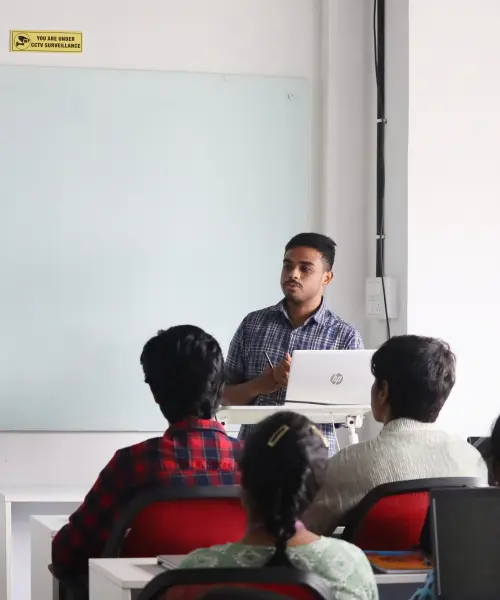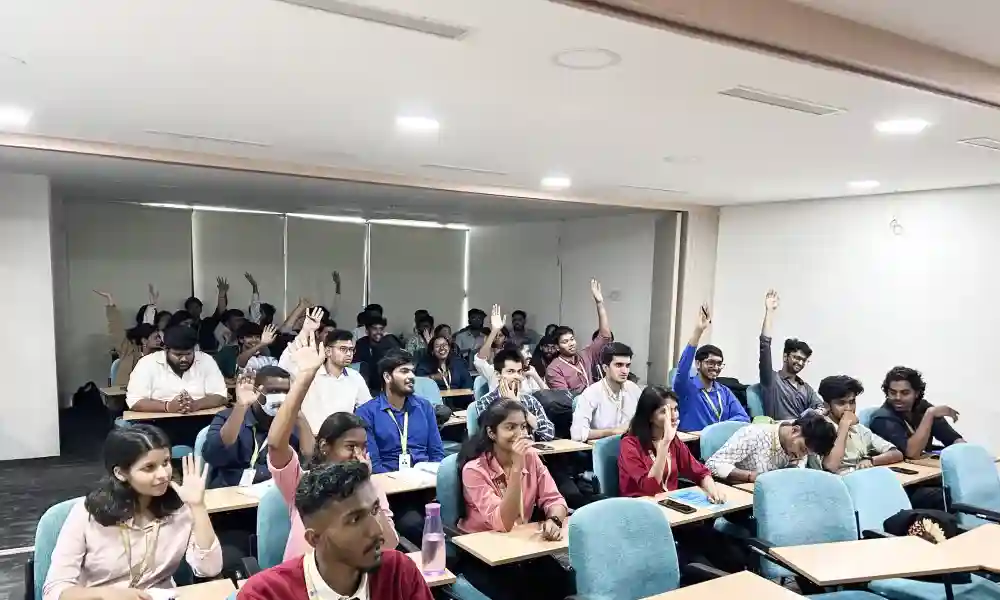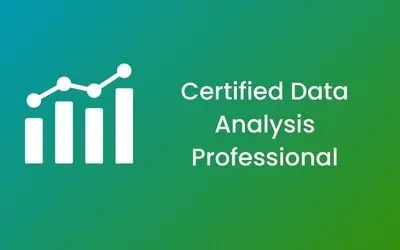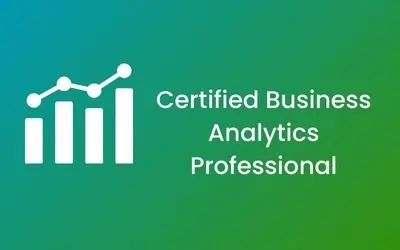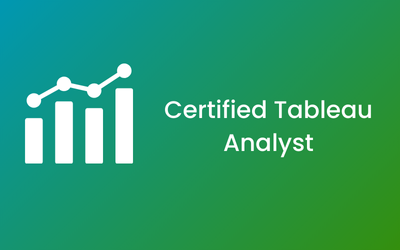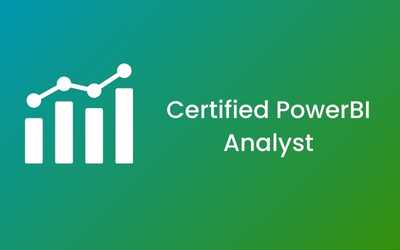- High Job Demand: Lucknow’s growing IT, corporate, finance, and startup ecosystem is creating strong demand for skilled data analysts and business analysts.
-
Lucrative Career Growth: Completing this program opens doors to high-paying roles in data analytics and business intelligence, with companies across Lucknow actively seeking trained professionals.
-
Industry-Aligned Curriculum: The course is designed with input from industry experts to match the latest tools, techniques, and analytics job market requirements.
-
Expert-Led Sessions: Learn from seasoned industry professionals who break down complex topics and share practical, real-world experience in every session.
-
Hands-On Learning: Work on real business case studies and projects that help you translate analytics concepts into job-ready skills.
-
Master Essential Tools: Build expertise in key tools such as Excel, Power BI, and Python, essential for launching a strong analytics career.
-
Dedicated Career Support: Skillfloor provides end-to-end career guidance, including mock interviews, resume building, and placement assistance to help you secure the right opportunity.
-
Recognized Certification: Earn a Skillfloor certification that strengthens your resume and increases your credibility with employers in the Lucknow job market.
-
Strong Alumni Community: Join Skillfloor’s active alumni network, gaining access to mentorship, peer learning, and new job opportunities.
-
Affordable & High-Value Training: Skillfloor offers a practical, industry-oriented Data Analytics course at an affordable fee of just ₹14,900. This cost-effective program provides hands-on training, real-world projects, and expert guidance to ensure strong career returns on your investment.
Growing Data Analyst Job Opportunities in Lucknow
Lucknow has quickly become a key destination for tech innovation, with many IT companies and startups establishing operations in the city. This surge in the tech ecosystem has led to a growing demand for skilled data scientists and analysts. Lucknow’s strategic importance as an emerging IT hub enhances its appeal as a top destination for tech careers.
The job market for data scientists in Lucknow is flourishing, with platforms like Naukri.com listing numerous roles such as Data Scientist, Machine Learning Engineer, Business Intelligence Analyst, and AI Specialist. According to AmbitionBox, a Data Scientist's salary in Lucknow ranges between INR 3 lakh and INR 25 lakh, with an average annual salary of INR 12 lakh. While specific growth rates for Lucknow are not available, the global demand for data scientists is projected to grow by 36% from 2023 to 2033, reflecting a positive trend that aligns with the rapid expansion of tech opportunities in Lucknow.
In-Demand Analytics Roles and Skillsets in Lucknow
As Lucknow continues to grow as a hub for technology and data-driven business, the demand for skilled analytics professionals is steadily rising across industries. Key roles in analytics include:
-
Data Analyst: Collects, processes, and examines data to generate actionable insights that support business strategies.
-
Business Analyst: Translates data into business solutions, identifying trends and recommending improvements for organizational growth.
-
BI Analyst (Business Intelligence Analyst): Designs dashboards, reports, and visualizations to help stakeholders make informed decisions.
-
Reporting Analyst: Prepares regular reports, KPIs, and performance metrics to monitor business health.
-
Analytics Consultant: Advises organizations on data-driven strategies, process optimization, and analytics solutions. Professionals can also explore roles as a Generative AI Professional, developing AI-driven models to generate insights, automate processes, and create intelligent solutions.
A Structured Learning Path at Skillfloor
Skillfloor follows a three-phase learning approach designed to provide a comprehensive, hands-on, and career-focused analytics education
Phase 1: Pre-Course Preparation: Learners begin with video tutorials, reading materials, and self-paced exercises to build a strong foundation in data analytics concepts before progressing to advanced topics
Phase 2: Immersive Training: Students attend live offline or online classes for 15 to 20 hours per week, covering core areas such as Excel, SQL, Python, Power BI, Tableau, and business intelligence. Practical projects, guidance from industry experts, and interactive sessions ensure learners gain real-world skills
Phase 3: Projects and Placement Assistance: In the final phase, learners work on capstone projects, live datasets, and case studies. The placement support team provides resume guidance, mock interviews, and job referrals to help students transition confidently into the analytics job market
Comprehensive Curriculum for Analytics Courses in Lucknow
Skillfloor’s Certified Data Analytics Professional Course in Lucknow is designed to give learners a complete understanding of analytics tools, techniques, and industry applications
-
Data Analysis and Visualization: Learn to interpret datasets and create actionable insights using Excel, Power BI, and Tableau
-
Programming for Analytics: Gain hands-on skills in Python, SQL, and Machine Learning for data processing, querying, and predictive analysis
-
Business Intelligence: Build dashboards, reports, and visualizations to support strategic business decisions
-
Statistical Analysis and Modeling: Apply statistical techniques and predictive models to solve real business problems
-
Advanced Analytics Concepts: Explore concepts like machine learning, automation, and AI in analytics to enhance decision-making and efficiency
This structured approach ensures learners graduate with a strong portfolio, practical experience, and the confidence to secure high-demand analytics roles in Lucknow’s growing tech and business ecosystem.
Data Analytics Course Fee Structure in Lucknow
- Basic/Short-Term Courses (1–3 Months): ₹15,000–₹40,000
- Advanced Certificate Courses (3–6 Months): ₹30,000–₹180,000
- Post-Graduate/Diploma Programs (6–12 Months): ₹120,000–₹600,000
- Executive/Master’s Programs (12–18 Months): ₹400,000–₹900,000
Skillfloor Course Fee Structure:
Skillfloor’s Data Analytics course fee in Lucknow is competitively priced at ₹14,900, offering certified professional programs with hands-on projects, live training, internship opportunities, and dedicated career support—making it a cost-effective choice for students and working professionals.
-
Certified Data Analysis Professional: ₹14,900 (discounted from ₹60,000)—2 months + 1-month internship.
-
Certified Business Analytics Professional: ₹14,900 (discounted from ₹60,000)—2 months + 1-month internship.
-
Certified Power BI Analyst: ₹14,900 (discounted from ₹60,000)—2 months + 1-month internship.
-
Certified Tableau Analyst: ₹14,900 (discounted from ₹60,000)—2 months + 1-month internship.
Internships and Placement Support in Lucknow
Skillfloor in Lucknow emphasizes practical, hands-on learning for its analytics courses. The programs include integrated internship opportunities, allowing learners to work on live, industry-relevant projects. This experience enhances technical skills, improves problem-solving abilities, and builds confidence as students prepare to enter the professional analytics world.
Skillfloor also provides analytics courses in Lucknow with placement support, offering comprehensive career guidance. The Placement Assistance Team helps with resume building, mock interviews, and networking with potential employers, preparing students for roles such as Data Analyst, Business Analyst, BI Analyst, Reporting Specialist, and Data Analysis Professional. This combination of hands-on training and career support ensures learners are job-ready and well-positioned to succeed in Lucknow’s growing analytics and business intelligence sector.
Begin Your Data Analytics Journey with Skillfloor
Data analytics is transforming how organizations operate, make decisions, and innovate, making it one of the most future-proof career paths today. At Skillfloor, we provide industry-aligned training, expert guidance, and continuous support to help students in Lucknow build strong and successful careers in the analytics field. As a leading analytics institute, we equip learners with the essential skills needed to excel in data-driven roles.
Join Skillfloor today and kick-start your career with the power of data analytics. Visit our Lucknow center to explore training options and begin your journey toward success in the fast-growing field of analytics. Along with Data Analytics, you can also explore a wide range of in-demand programs at Skillfloor, including Data Science Course in Lucknow, Artificial Intelligence, Tableau, Data Mining, Digital Marketing Course in Lucknow, Machine Learning, Cloud Computing, and Python courses. All programs are designed to help you build strong, job-ready skills and prepare for the digital future.

